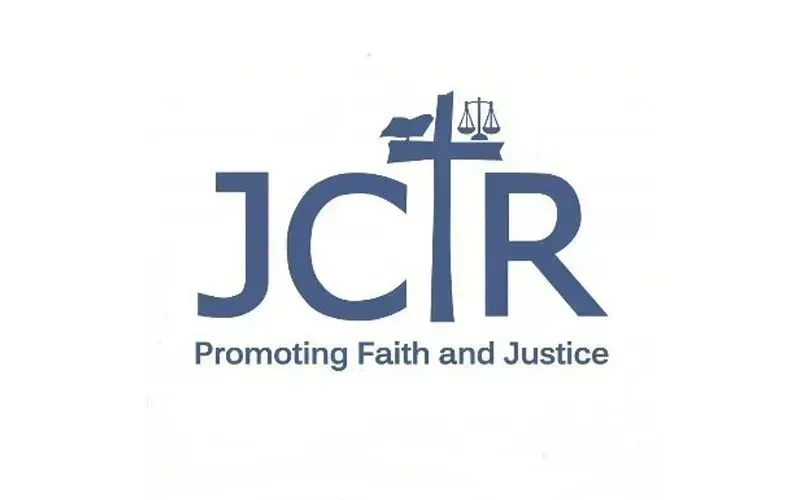As a way forward, officials of the Jesuit institute that is engaged in research, advocacy, education, and consultancy on social issues say the Southern African nation “must prioritize long-term adaptation strategies to build resilience against future dry spells.”
“This entails investment in climate-smart agricultural practices, enhancement of early warning systems, promotion of sustainable water resource management, and integration of climate change considerations into national development policies,” they say.
In the statement, JCTR officials call for a collaborative and coordinated approach, saying, “The El-Niño-induced dry spell presents formidable challenges for Zambia, necessitating a concerted effort across government, civil society, and private sector stakeholders to mitigate its adverse impacts and build climate resilience.”
They add that by addressing the interconnected issues of agriculture, water resources, health, and socio-economic development, “Zambia can navigate through the dry spell and emerge stronger, better equipped to confront future climatic uncertainties.”
“It is clear that the effects of climate change have been felt by all Zambians. Concerted efforts are needed in order to build resilience and adapt to the current changes. Rising temperatures and reduced rainfall have had a major impact on the country's agriculture compromising its food security,” they say.
Amid the challenges, the officials of the Jesuit entity continue, "alternative power sources should be explored. In particular, sources of green energy should be prioritized by both government and citizens alike.”
The government could invest in diverse energy sources such as molasses from sugar cane, wind, thermal, and biogas that are environmentally friendly, they add.
JCTR officials further recommend that the Zambian government, through the Ministry of Agriculture, explores “avenues to invest in partnerships that will help improve agricultural resilience and productivity methods that are pro-poor. This is crucial, especially noting that agriculture has great potential for sustainable development and that agriculture is the main source of livelihood for communities.”
“In particular, partnerships should be explored that will give greater capacity of farmers to practice agroecology, which is the method proposed by the Food and Agriculture Organisation as the most climate-change adaptive method of agricultural production,” they say.
JCTR officials also ask the government to partner with Churches, Civil Society Organizations (CSOs), and Faith-Based Organisations (FBOs) in educating communities on adaptation methods and financing.








